Yesterday was a special day. I was awarded an Honorary Degree of Doctorate of Education, Honoris Causa, from Queen Margaret University (QMU). This was an unexpected delight – to the point where I fell off the swing I was sitting on in a park when the original email arrived back in April.
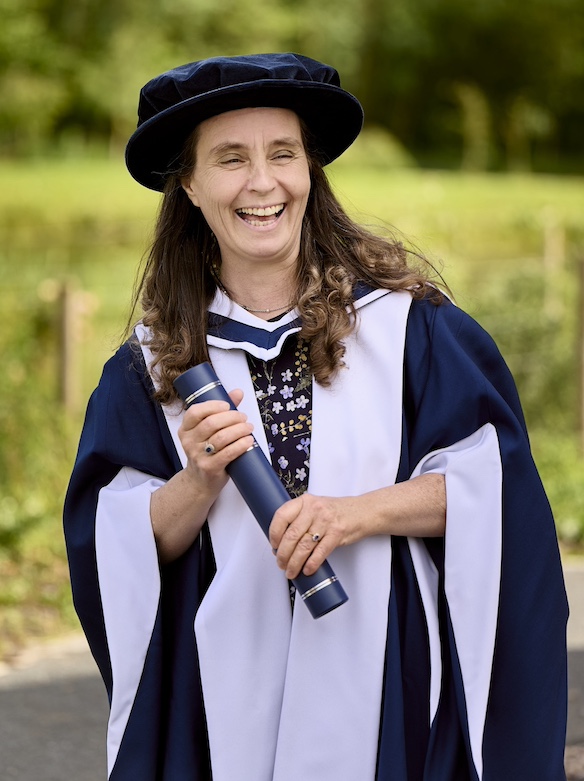
It was a poignant place to receive such news. I happened to be in Rothay Park in Ambleside. It was here, in the Seventies, that every lunchtime, the Junior School pupils were allowed to play. I would look up to the Fairfield Horseshoe and notice how the mountains changed through the seasons and wishing I was able to be up there. It was during this time I developed a memorable attachment to place.
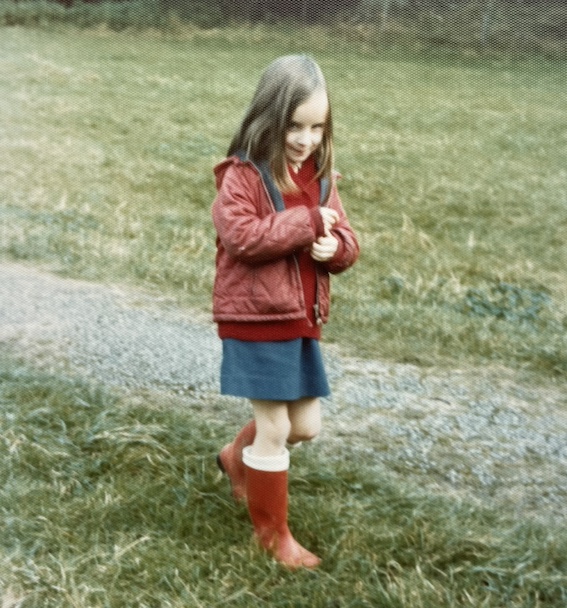
Furthermore in 1992, my Gran, Joan Fitch, received an honorary doctorate for her services to Charlotte Mason College in Ambleside as part of their centennial year. She had been a student there as well and I’ve blogged about her nature diary from 1931-32.
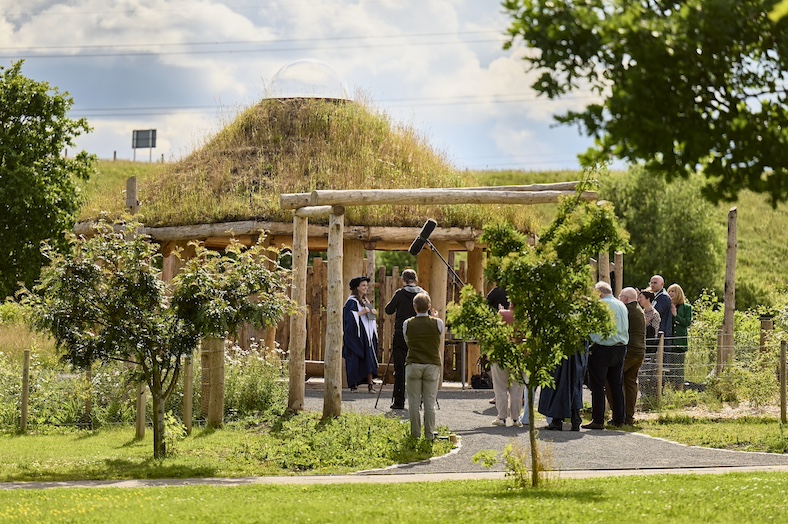
QMU staff went out of their way to ensure that I could receive the degree. Therefore I was filmed in advance of the graduation ceremony that took place yesterday in the Usher Hall, Edinburgh. Instead my part involved going to the QMU campus and we did what needed to be done at The Howff. My immediate family also attended which was exciting for all of us!
During the past few years, the ITE department and the estates team have been developing the campus and creating an outdoor learning hub in partnership with NatureScot and Architecture & Design Scotland. It seemed particularly fitting for me to be filmed giving my acceptance speech outside.
The other special surprise about the ceremony was the photographer turned out to be none other than Malcolm Cochrane. His photographs of children playing outside have become famous. For example, many of Learning through Landscapes Scotland publications have the bulk of the photos taken by Malcolm such as The Good School Playground Guide.
Whilst it was optional to give a speech, I felt it was important by way of formally thanking QMU. The press release gives a summary of why I have been awarded an honorary degree.. Below the video is the transcript what I said:
Thank you Chancellor and the all at Queen Margaret University for conferring this honorary degree upon me. I feel privileged and wish to acknowledge the broad range of professionals with whom I have worked as well as the 1000’s of children who continue to remind me daily of the joy of play. Just last week I was volunteering with a P6 class. They were weeding a garden. When some of them discovered that a fireweed stem makes a mini javelin you have never seen a bed become weed free so quickly – plants were literally flying out of the ground!
I am near the end of my time as an educator. My life’s work has been about developing play and learning outdoors – encouraging everyone to enjoy the creativity, awe and wonder of the world beyond the walls of a traditional classroom. In my experience it is a more effective and engaging way of enabling children to learn experientially. It is naturally interdisciplinary and improved wellbeing is an almost effortless benefit.
It is time for me to pass the baton to you, the graduates of 2024. Yet, what is a baton but a stick that began its life outdoors as part a living tree, its role to help the tree grow and thrive as a haven, home and habitat. It reminds us all to be proud of, and humbled by, our own roots, communities and places from where we have come.
Whilst a baton has a specific purpose – as seen in a relay race – the beauty of a stick is that everybody can find and use one in any way. A stick invites us to be creative. We could whittle it into a form or sculpture. We can bend and flex it, use it to prop up a tarp, direct an orchestra, or as an aid to dance and movement. We are only limited by our imagination. A stick affords possibilities if we give ourselves time to problem-solve, to share ideas with others, to think critically and, most importantly, to play.
Unlike a baton, there is no concern about the changeover and whether it is fumbled or dropped. Instead the stick is an agent of change. As it decomposes, it breaks down what appears to be fixed. It transforms into new constituent parts and thus change is a natural part of its life. Furthermore the stick does not do this in isolation. It relies on a huge diversity of species and environmental factors within a woodland to rot. It creates the conditions for new life to emerge and facilitates a team to do this. Remember too, that all this takes time. It cannot be, not should it be, a rushed process.
Sticks are symbolic. We can learn so much from the life of a stick. This is why I have to pass on a stick and not a baton to you. In a world where we face serious climate and environmental challenges. We need to think, as well act, sustainably and in different ways. Thus I wish you all a fan-ta-stic future whatever that may be. Thank you.
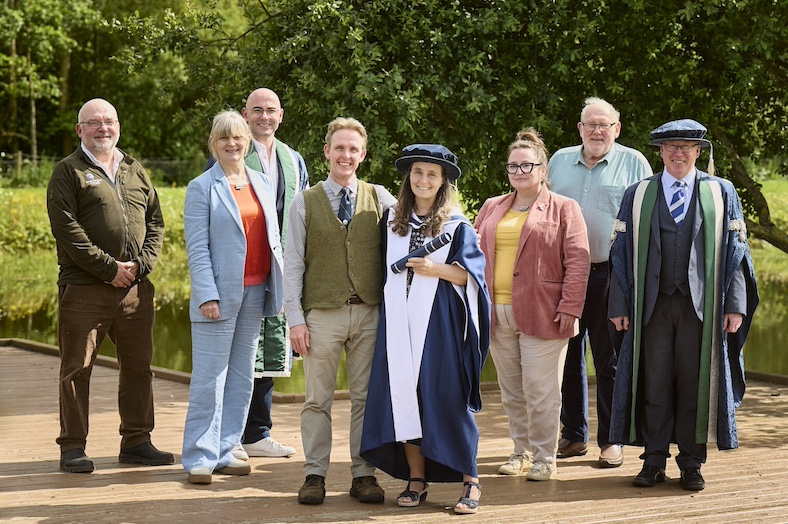
I would like to thank all my family (including those not in the above photo) who are constantly supportive – and went out of their way to ensure they made the graduation a success. Also I know many people were involved behind the scenes in making this conferment a possibility – thank you too!
I’ve been overwhelmed on Facebook and Twitter by the sheer number and kindness of the comments. I know how lucky I am to have worked with and got to know so many people who believe in and understand why outdoor learning and play and all this entails really matters. It is the future of education. Those who haven’t realised this yet have a lot to look forward to as they discover the joy and the effectiveness of playing for the sake of it or learning experientially outdoors.
I met with my MacMillan nurse today and I asked her to do an assessment of my health. She confirmed that my head has not swollen, I’m not getting too big for my welly boots, I have no delusions of grandeur and no inflated ego. Phew!
In line with tradition, the letters can be added after my name (D.Ed. (Hon)) and I remain the same Juliet without “Dr” at the front. Saying that for those who are wondering, my prescription would always be “Get outside” and for an extra dose of goodness “Spend time in a wilder, natural place”. And for those asking “Dr Who?” My response is “Look around. The outdoors is my Tardis” 🙂


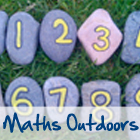
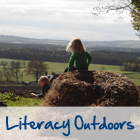
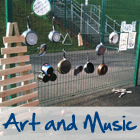

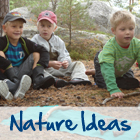
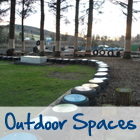
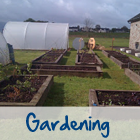




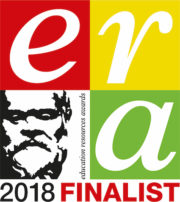
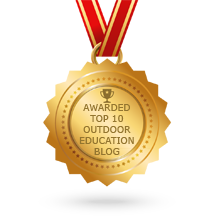


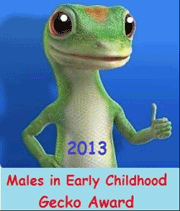


Amazing Juliet! So well deserved… you look and sound beautiful ☺️
Thank you – I also loved the gown and hat. Thought it was a great outfit and very Scottish in looks!